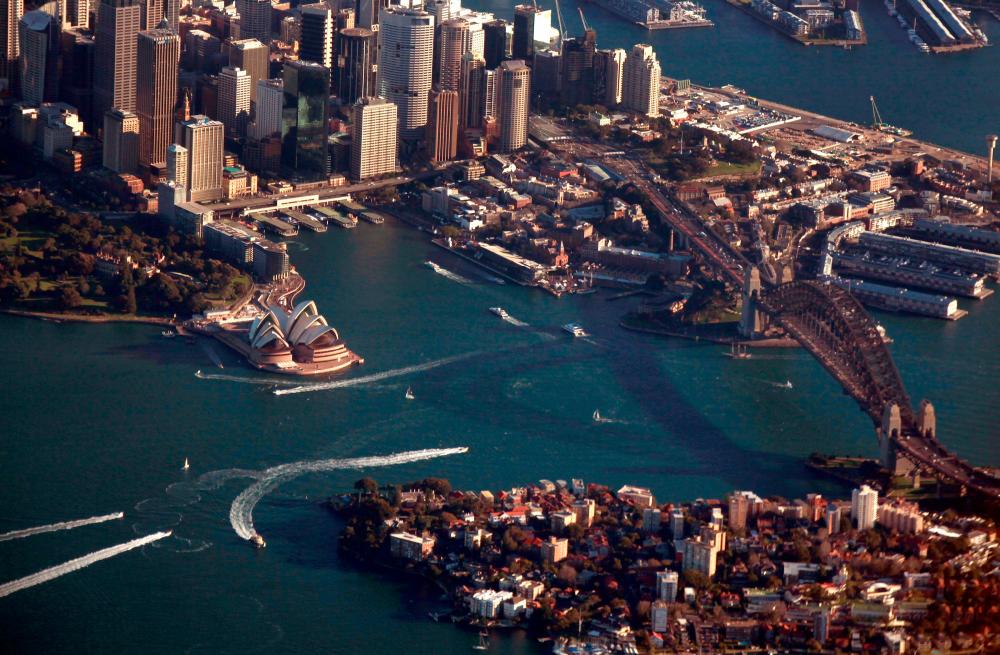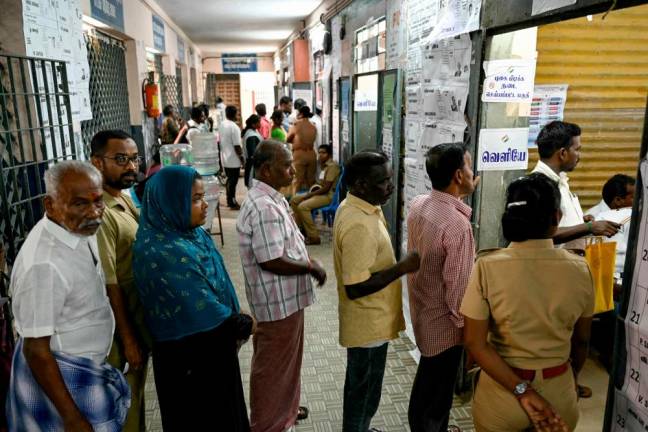SYDNEY: Australian home prices rose at the fastest pace in 16 years in November as record-low interest rates and looser lending standards turned bust into boom, though other economic news out on Monday was not nearly as upbeat.
Property consultant CoreLogic reported home prices across the country climbed 1.7% in November from October, the largest monthly gain since 2003.
Sydney led the race with a jump of 2.7% for November, while prices for houses alone scored the largest increase since 1988. Melbourne gained 2.2% and both cities posted positive annual growth, a world away from the double-digit declines experienced earlier this year.
That should be a windfall for consumer wealth, given that the housing stock in Australia is valued at A$6.6 trillion ($4.48 trillion), more than three times the country's annual economic output (GDP).
"The Aussie property market is booming," said Ryan Felsman, a senior economist at CommSec. "Listings remain at very low levels, residential home building is falling and population growth remains solid."
Housing has been the clearest winner from the Reserve Bank of Australia's (RBA) easing campaign, having cut rates three times since June to a historic low of 0.75%.
The central bank holds its December policy meeting on Tuesday and is widely expected to hold steady as it gauges the impact of past stimulus.
Financial markets have fully priced in one more cut to 0.5% next year, and some chance of a move to 0.25%.
A sustained rebound in home values could prove a saviour for the construction sector, which has seen a severe downturn. Data out on Monday showed approvals to build new homes slid 8.1% in October, wiping out a promising bounce in September.
The construction industry is the third-largest employer in the country with 1.2 million workers so the slowdown is an unwelcome threat to jobs.
Figures from ANZ showed job advertisements in newspapers and on the internet fell a 1.7% in November. That was a worrying omen for the official employment report which had already suffered its biggest drop in three years in October.
"While we expect Q3 GDP data to show growth starting to gradually pick up from its low, the fact that job ads are still falling suggests that the softness in the labour market has a way to run," said ANZ senior economist, Catherine Birch.
The GDP report is out on Wednesday and is forecast to show annual growth picking up to 1.7% from a decade-low of 1.4%. - Reuters













